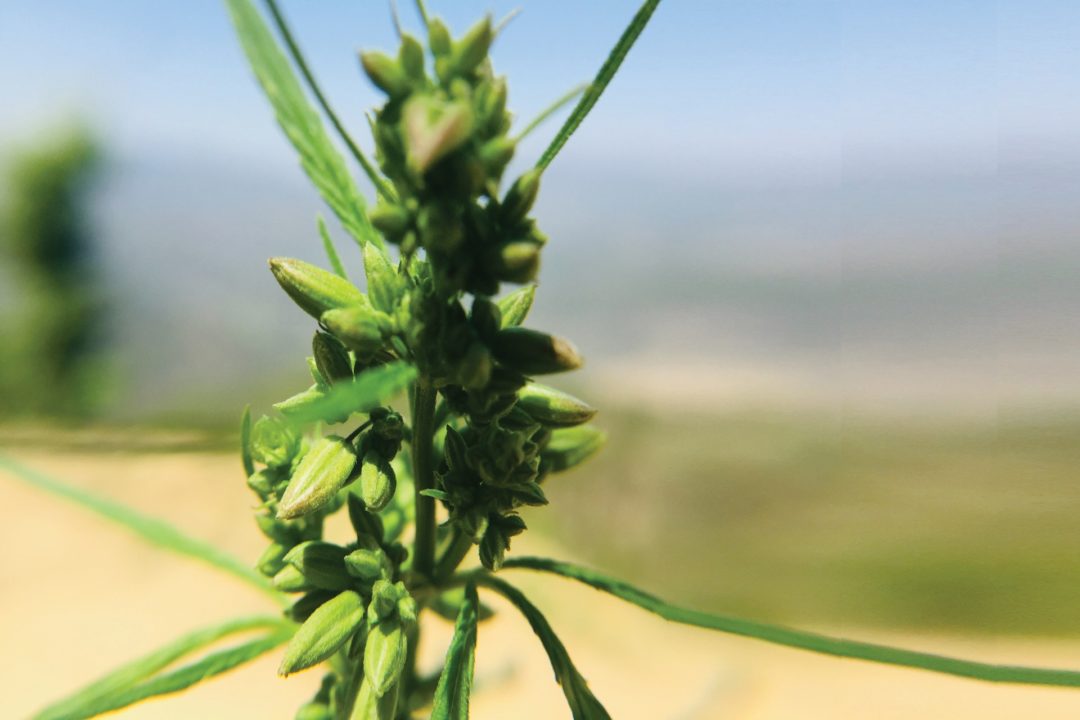ACHEM is a new nonprofit medical association for Black, Indigenous, and people of color (BIPOC) health professionals and healers. It intends to empower, uplift, and serve communities disproportionately impacted by the United States’ drug laws and policies, using cannabinoid medicine to bridge persistent health and wellness gaps.
The Open House and Launch Party attracted over 100 remote participants who joined for an overview of the association, its mission, and its four pillars: Enrich, Promote, Participate, and Serve. ACHEM shared its policy platform, vision for rebuilding communities that have borne the brunt of the war on drugs, and information about the field of cannabinoid medicine.
Related: BIPOC May Experience Relief from Effects of Racism Through Psychedelics Indena Now Authorized to Produce Cannabidiol Nutrasource Granted Institution-Wide Cannabis Research License
“AHEM’s message of healing, hope, and equity for Black, Indigenous, Latinx and other communities of color through the expansive lens of cannabis deeply resonated with our attendees,” said Rachel Knox, MD, MBA, ACHEM Board Chair, in the press release. “This community is eager to learn more about ACHEM, its vision and approach to cannabis as plant-based medicine, and as a root solution to health disparity. We’re thrilled by the response and eager for them to leverage ACHEM through its pillars to advance their respective practices.”Health equity is the heart of ACHEM’s purpose, the press release explains. Systemic racism perpetuates negative health outcomes, leading to higher rates of illness and death in communities of color. Cannabis prohibition has “devastated” Black, Indigenous, and Latinx communities, the press release states, and ACHEM believes that cannabis can be used to heal that damage. ACHEM seeks to train and empower individuals entering the field and amplify the voices of Black and Brown medical professionals to eliminate inequities.
“With an equity-centered, science-informed industry, cannabis medicine can become a tremendous force for good,” said Dr. Knox. “Education, advocacy, regulation, and access can support restoration within communities suffering from years of systemic injustice, opening up tremendous possibilities for advancement. By focusing on BIPOC health practitioners, ACHEM is empowering people of color to be change agents in our own communities.”










